The topic of hygiene has come to the forefront in mainstream media as reopening plans are introduced around the globe. While leading health organizations like the World Health Organization (WHO), and Centers for Disease Control and Prevention (CDC), recommend the use of hand dryers, misinformation about them remains online and continues to be quoted and perpetuated. Leaders from Excel Dryer, manufacturer of XLERATOR Hand Dryers, wish to deliver a message to educate the professionals, consultants and government officials who are creating reopening guidelines, and the general public, especially in times of COVID-19: Excel hand dryers are a safe, hygienic touchless solution and an effective way to achieve completely dry hands, a critical part of proper hand hygiene, the top defense against the spread of germs.
Kelly Reynolds, Ph.D., Professor and Department Chair at the Mel & Enid Zuckerman College of Public Health at the University of Arizona, offered an explanation as to the root of these misconceptions, stating that, “Consumers may only read headlines which can influence public opinion toward biased or erroneous conclusions, but the fact is, the breadth of data available does not favor one hand drying method as being more hygienic or safer.”
Excel hand dryers provide a touchless hand drying solution to help prevent potential cross-contamination between restroom surfaces and wet hands. All dryers in Excel’s line are hygienic, but dryers with HEPA have been proven to add another level of protection. Viral efficiency testing conducted by the preeminent independent air media and filter testing company, LMS Technologies in April of 2020 found that XLERATOR, XLERATOReco and XLERATORsync Hand Dryers with HEPA Filtration Systems remove 99.999 percent of viruses from the airstream.
William Gagnon, vice president of marketing and sales at Excel Dryer, wishes to correct misinformation and biases about hand dryers. “Hand dryers are hygienic and have been used to properly dry hands for decades. In addition to top health organizations recommending their use, hand dryers also provide significant benefits over paper that are undisputable. For example, our recent test results prove XLERATOR hand dryers with HEPA Filtration Systems remove 99.999 percent of viruses from the airstream, something paper will never be able to do.”
Conversely, paper towels may not be as hygienic as the public believes. One independent study showed 17 species of bacteria on unused, recycled paper towels, including Bacillus, which can cause food poisoning. After their use, damp paper towels are a breeding ground for viruses and bacteria in and around trash receptacles and can be used to clog toilets and sinks creating a very unhygienic restroom environment. If the paper towels are out of stock, visitors cannot dry their hands at all, and wet hands have been shown to be 1,000 times more likely to transfer germs than dry hands.
Gagnon concluded, “I encourage members of the public and those individuals charged with the creation of guidelines, reopening plans or facilities operations, to dive deeper into news articles and hygiene studies rather than simply believing sensationalized, click-bait headlines born from biased results. Hand dryers are safe and hygienic. They dry hands completely, and are a top defense against the spread of germs.”
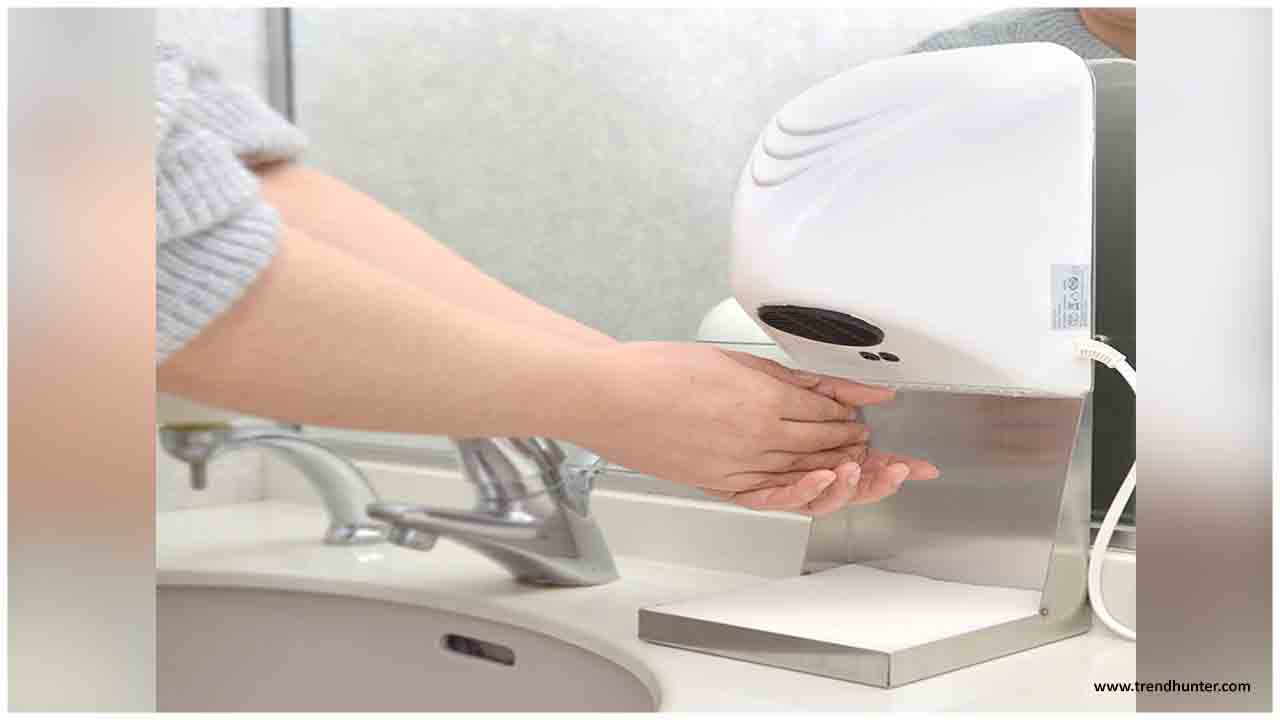
 Hand dryers are safe and hygienic. They dry hands completely and are a top defense against the spread of germs.
Hand dryers are safe and hygienic. They dry hands completely and are a top defense against the spread of germs.






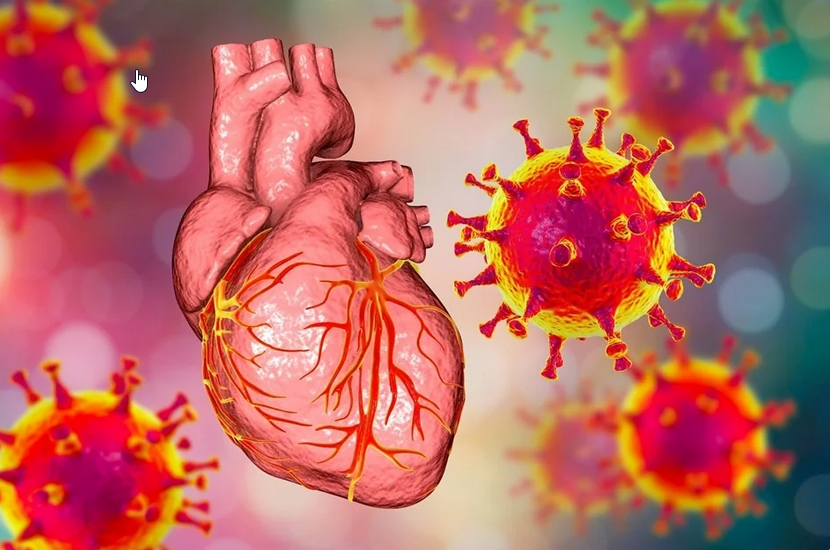

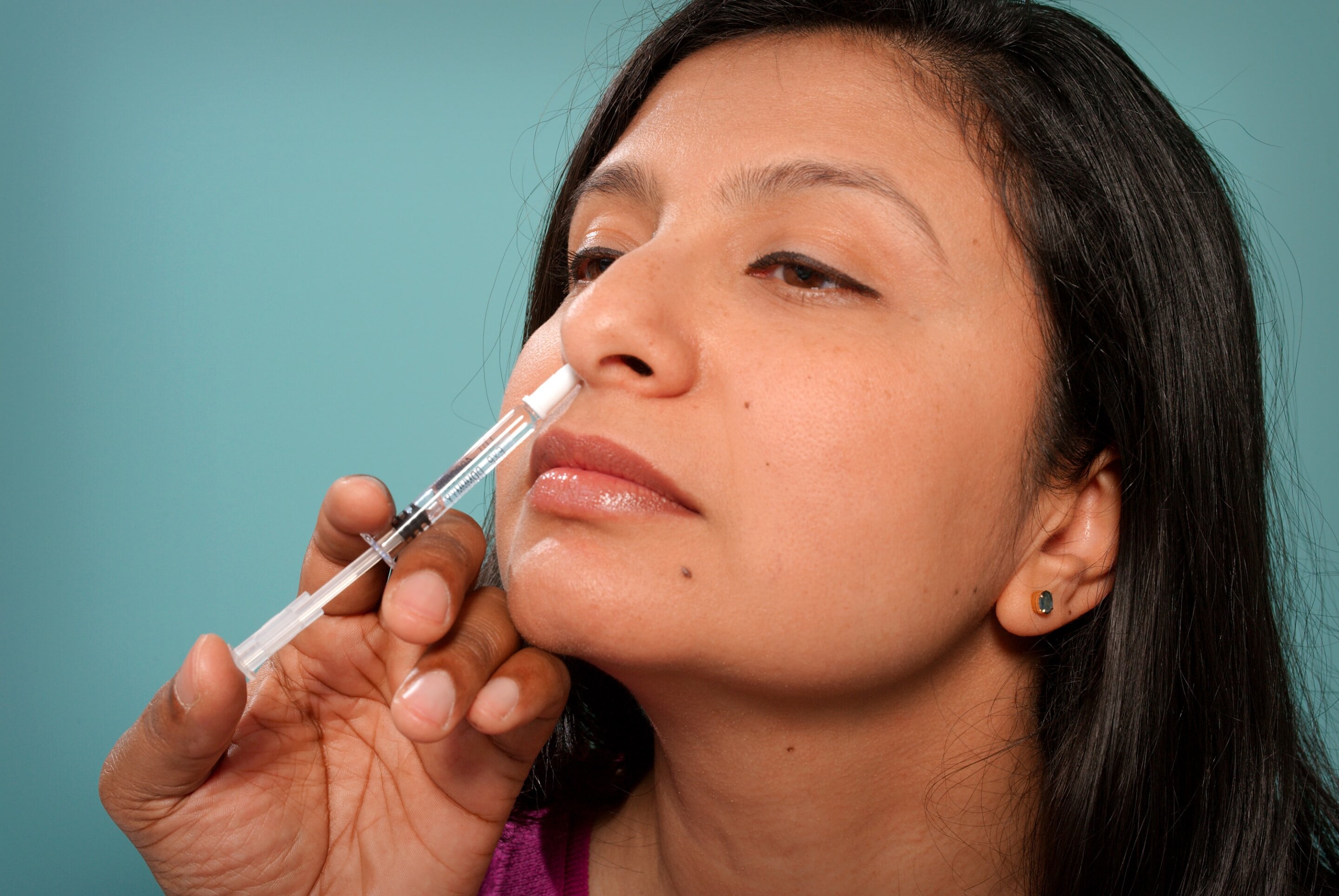
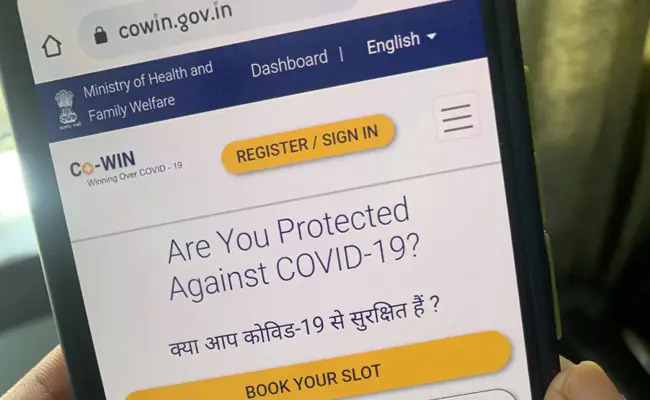
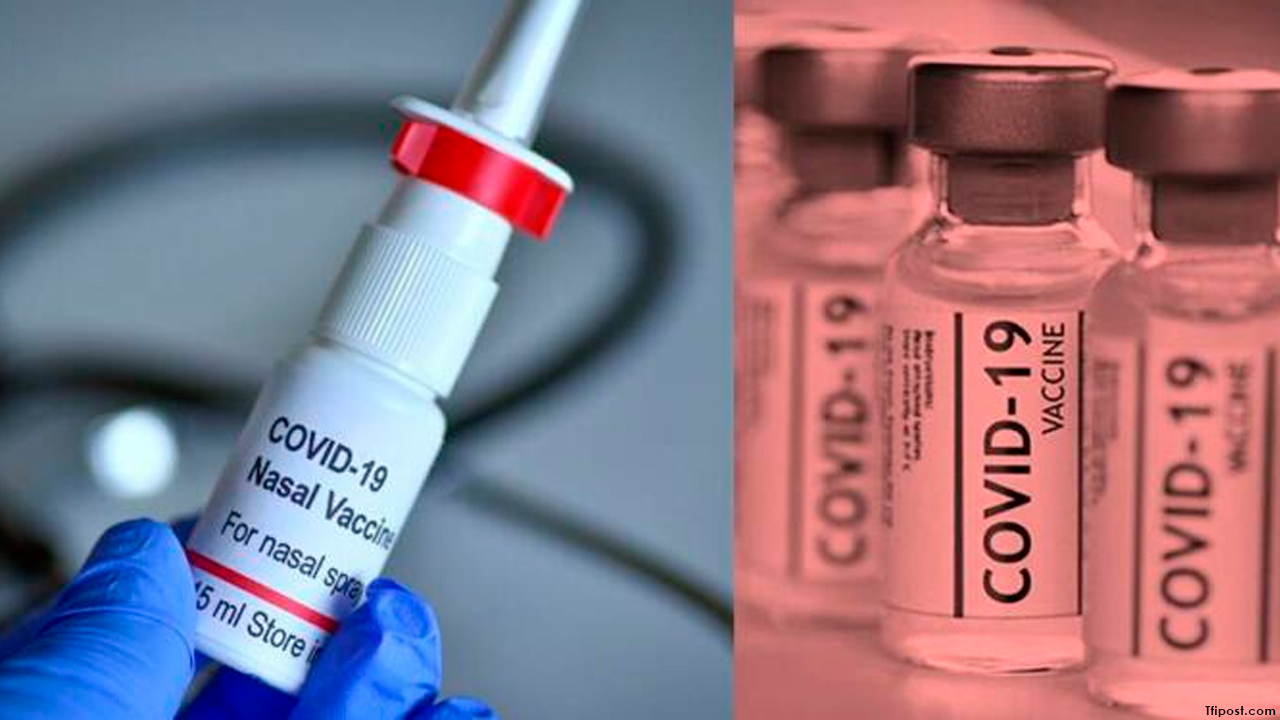
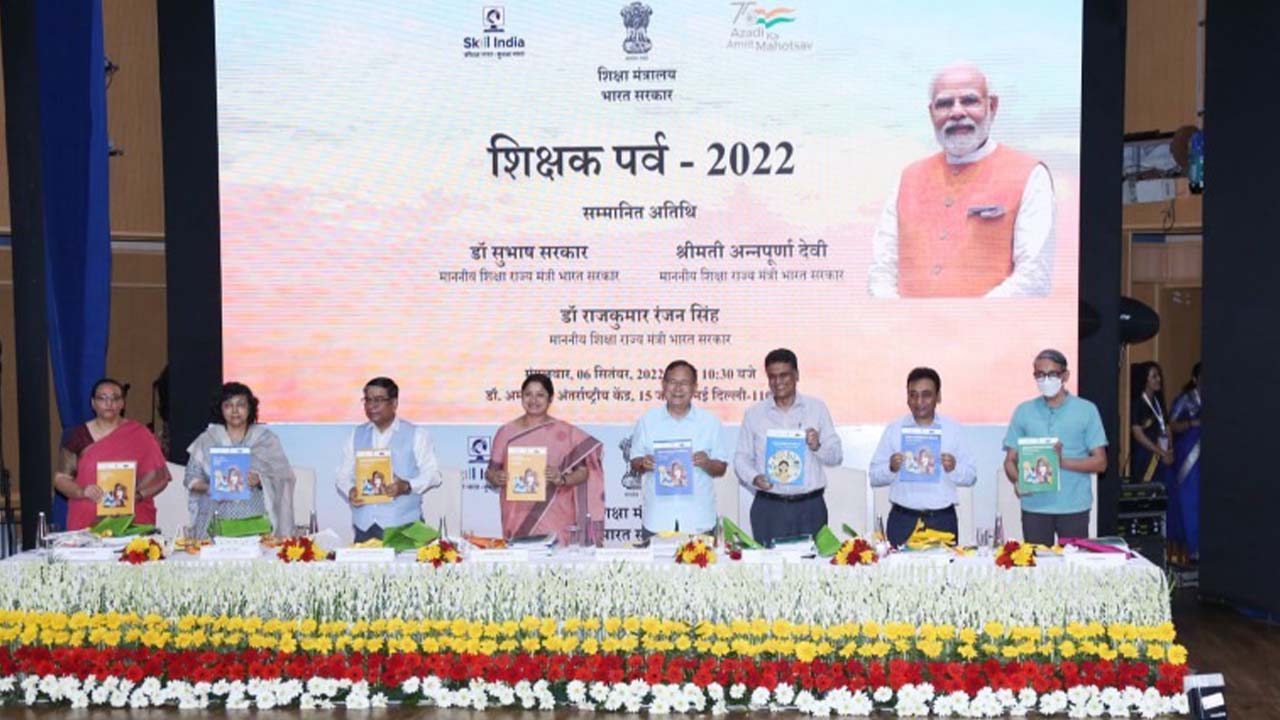
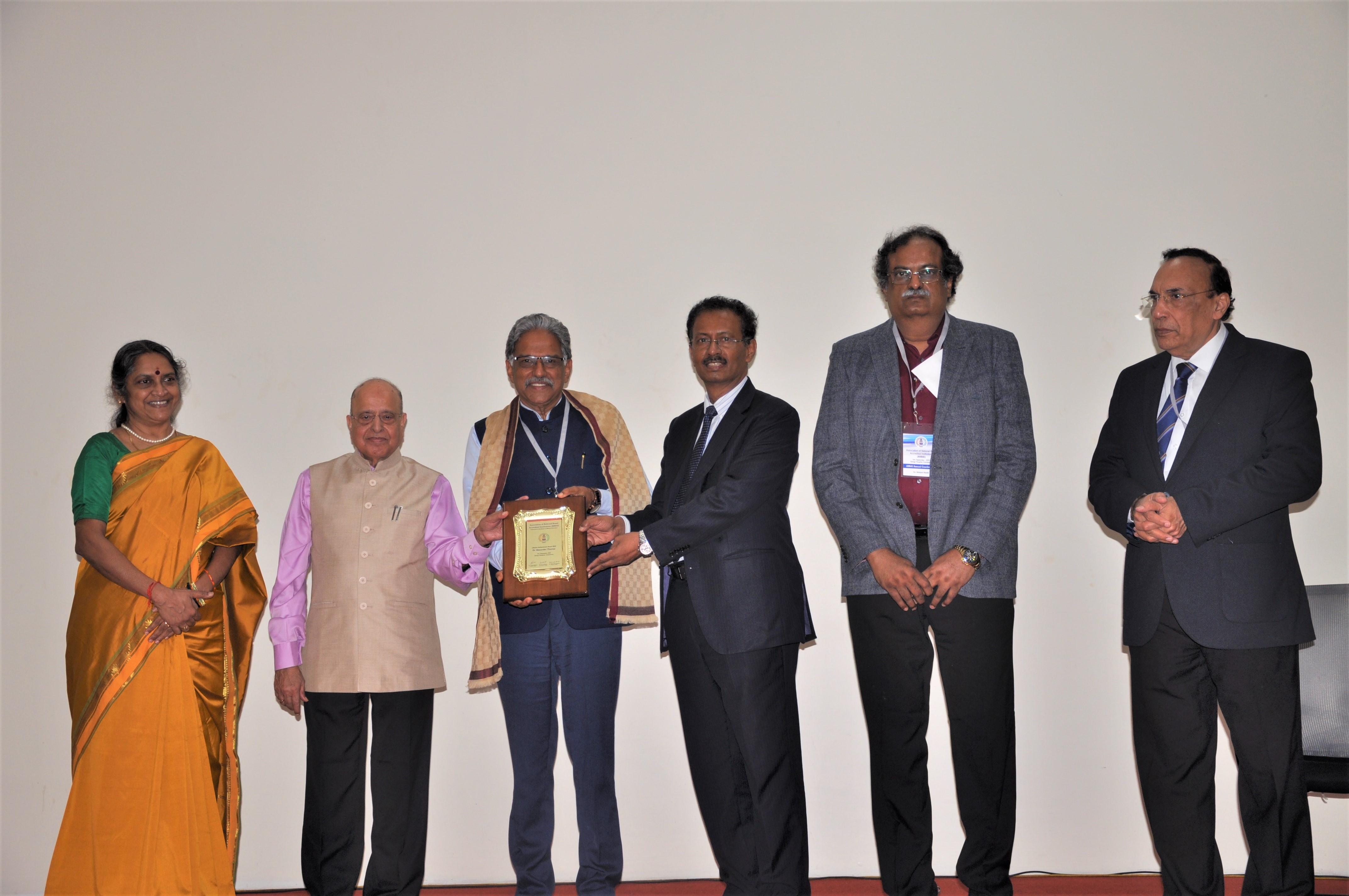

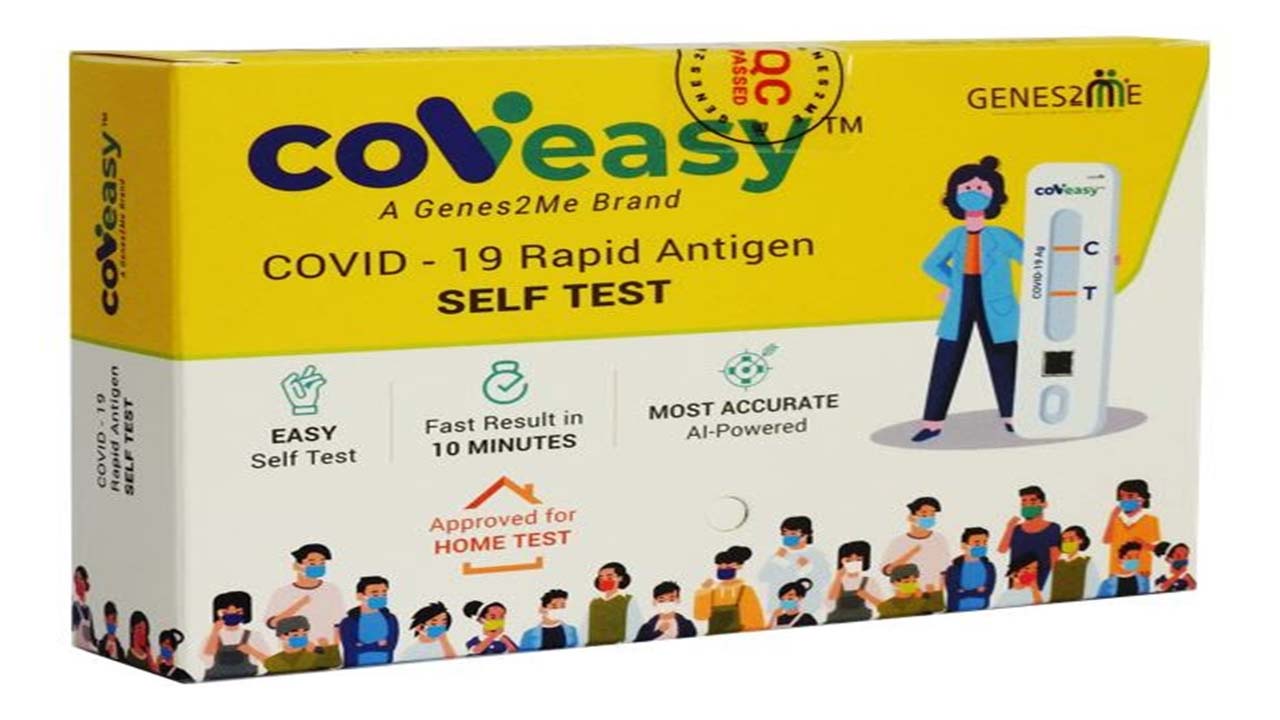





.jpeg)






.jpg)




.jpg)





.jpeg)
